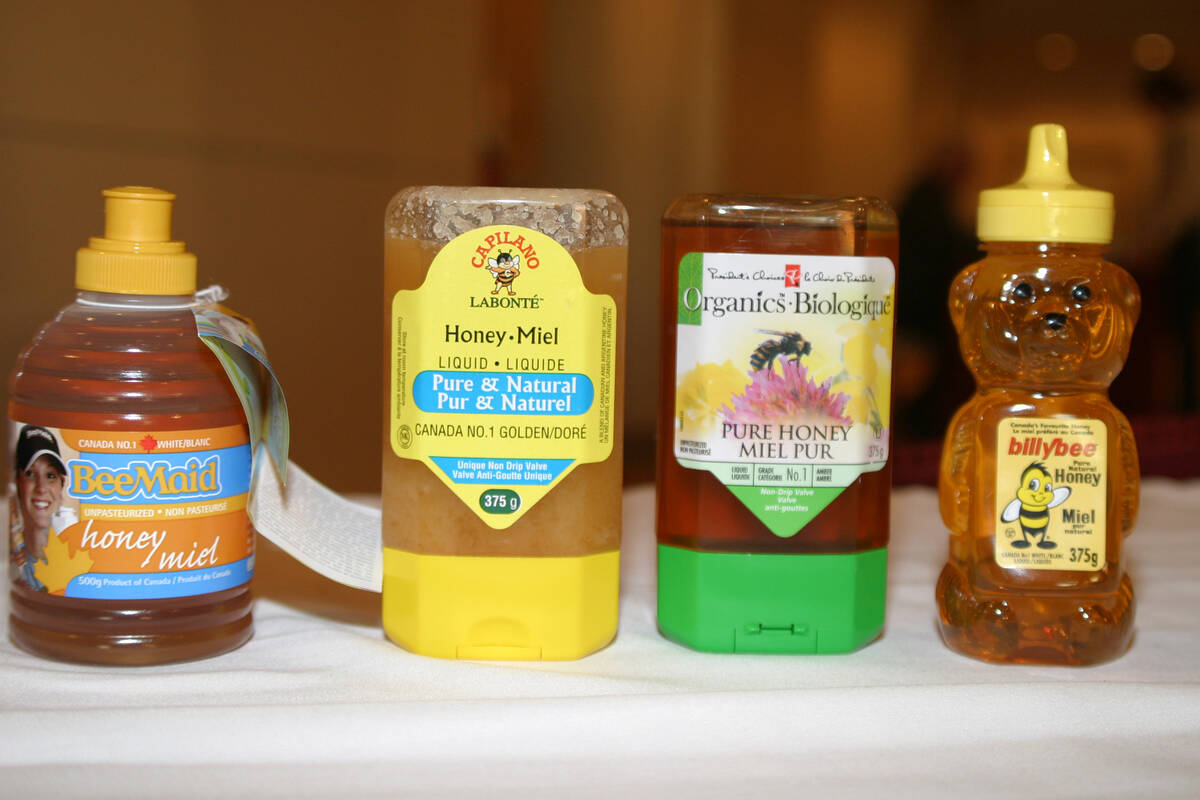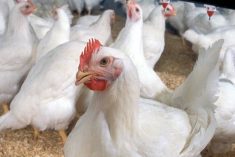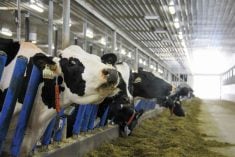staff / Canada’s dairy producers can expect about a 0.9 per cent uptick in their overall per-hectolitre revenue from industrial milk, coming somewhat later than usual this year.
The Canadian Dairy Commission on Feb. 14 laid out slight increases in the support prices it sets for skim milk powder and butter, to take effect April 1.
The CDC support price for butter will then increase from $7.2810 to $7.3379 per kilogram, and its support price for skim milk powder will move from $6.3673 to $6.4170 per kg — both up 0.781 per cent.
Read Also

Beekeepers call foul on fake honey
Canada’s beekeepers say the stubborn flow of adulterated honey hasn’t gone away, and it risks compromising both domestic honey producers and crop pollination.
“The change in support price reflects the increase in the cost of inputs, especially the cost of feed,” CDC chairman Randy Williamson said in the commission’s release. “However, it remains considerably lower than the rate of inflation for food, which currently stands at 2.4 per cent.”
The CDC, he added, is “determined to continue to seek efficiencies in dairy production and processing, in order to support market growth for milk and dairy products.”
The commission’s supports are the prices at which the CDC buys and sells butter and skim milk powder in order to balance “seasonal changes” in domestic demand.
Provincial marketing boards also use the CDC’s support prices as their reference points to price industrial milk — the milk used to make products such as yogurt, cheese, butter, ice cream and skim milk powder — thus the commission’s increase “should translate” to about a 0.9 per cent increase in industrial milk revenue for the farmer.
The 0.9 per cent expected increase in industrial milk prices follows increases of one per cent in 2009, zero in 2010, and 1.5 per cent in 2011 and 2012.
“Although this is the second-lowest increase in 15 years, it will cost the restaurant industry $23 million,” the Canadian Restaurant and Foodservices Association, a longtime critic of Canada’s dairy pricing frameworks, said in a separate release.
“We recognize that this may appear as a modest increase, but we’re disappointed that dairy prices are still going up,” CRFA CEO Garth Whyte said. “Canadian dairy is already among the most expensive in the world, and any increase at all will drive up costs for our members that use dairy products in their menu items.”
















